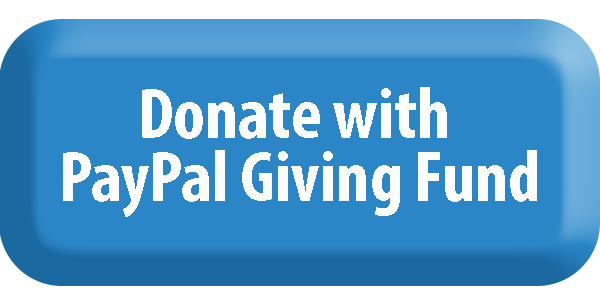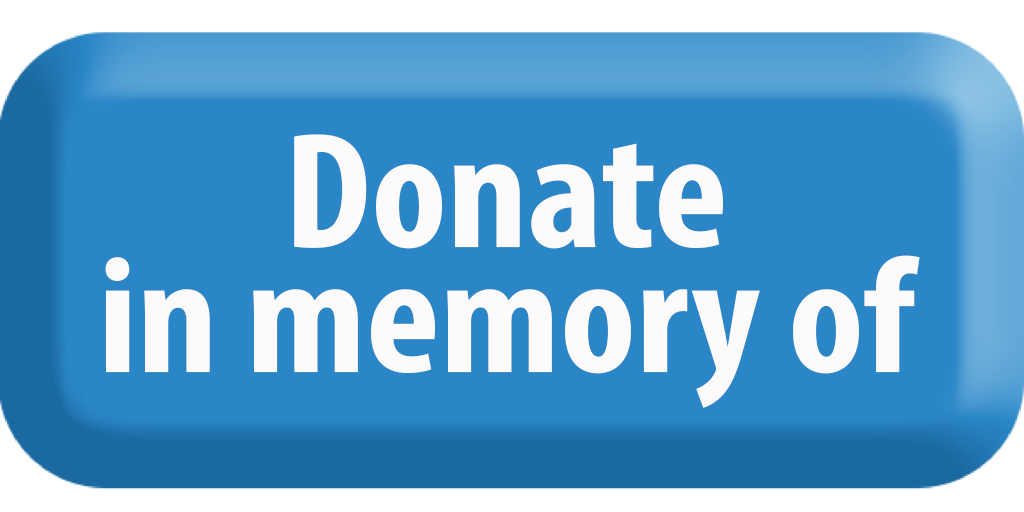Dear Hope Nation,
I was in a meeting yesterday where the topic of drugs, particularly methamphetamines, came up. (I’m in meetings every day where the topic of drugs comes up.) One of the speakers talked about the necessity of closing our country’s borders and going after Mexican cartels to reduce the supply. Those may or may not be good things to do, but I don’t think they’ll do much of anything to reduce the use of illegal drugs in our country. To explain why, I’ve got to first confess my near-complete ignorance. Here goes.
Books could be filled with stuff I don’t fully understand about economics, whether micro- or macro-. In fact, they have been. If you’re looking for knowledge, you might start with Adam Smith’s The Wealth of Nations, John Kenneth Galbreath’s The Affluent Society, John Maynard Keynes’ General Theory, or Karl Marx’s Das Kapital. My ignorance is almost bottomless, yet I do bring a recovering addict’s understanding to one particular issue—the difference between supply and demand and supply and need. Let me try to explain.
As I understand it (see all the warnings above about my lack
of understanding), supply and demand is the relationship between how much a
producer/distributer wishes to sell at what price and the amount consumers wish
to buy. This push and pull, supposedly, is what determines the “equilibrium
price,” that point where the supply of goods being sold equals the demand of
consumers. As a simple and personal example, my oldest daughter, Becca, was
born in late 1991, making her five years old at Christmastime, 1996, when
Tickle-Me Elmo was unleashed upon the world and became a hot black market
commodity. This creature from hell beloved children’s toy became a huge
fad, selling out everywhere. The demand was much greater than the supply, which
caused the black-market price of Elmo to shoot up from the MSRP of $26.99 to,
reportedly, a thousand dollars. That would be the equilibrium price, above
which the distributor could not go, because consumers would be unwilling to pay
more. Needless to say, the Christmas fever passed, Tyco Preschool birthed more
Elmos, the black market evaporated, and economic catastrophe was averted.
[A quick aside, my daughter did not get a Tickle-Me Elmo Doll, for two reasons. We didn’t have cable television and she only watched PBS or videos and her mother and newborn youngest sister, Libby, had just gotten out of the hospital after mom’s feet were terribly burned during emergency surgery. (And that is another story for another day.) We were all so focused on getting used to life that Becca likely didn’t know for sure whether Christmas was even coming, much less what she should beg Santa for.]
That’s how supply and demand are supposed to work. Money chases goods until the cost of the goods becomes too high and the market demand lessens. Simple supply. Simple demand.
Speaking as someone who has been addicted (and may be again if I don’t continue to focus on my recovery), “demand” is in no way strong enough to describe my need, my requirement, my craving for heroin. In the same way we don’t talk about the free-market demand for oxygen, I needed dope not just to feel better, not to get high, but, it seemed to live. Ask a fish about the supply-and-demand of water. (If you get an answer, please seek professional help.)

I started off my intravenous career with meth and know the issue of addiction tastes different there. Still, once I got used to dumping a week’s worth of dopamine into my brain in one shot, the thought of going back to a pleasure-depleted normal was unacceptable. In the case of either heroin or meth, the supply-and-demand model would not have worked for me or for, I suspect, anyone else who’s truly addicted. While I always looked for good deals, especially when I was on both the supply and demand sides of the equation, the price equilibrium wouldn’t have arrived. No matter the cost of oxygen or dope, I would have paid it. I had no choice.
As I mentioned above, sealing our borders may or may not be a good thing. Attacking Mexican (or Martian) cartels may or may not be a good thing. It is our country’s thirst for a chemical solution to the seeming emptiness of modern life can only be solved by recovery.
And that is a good thing.
You matter. I matter. We matter.
Keith



